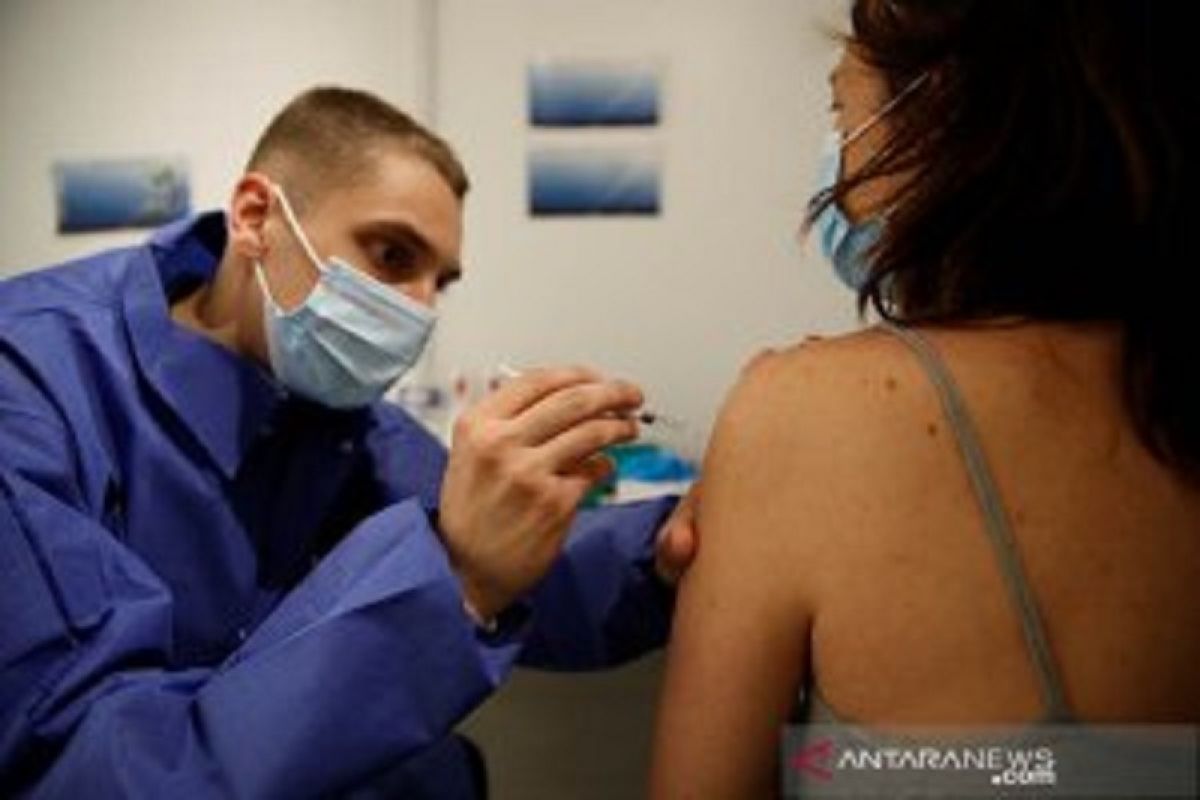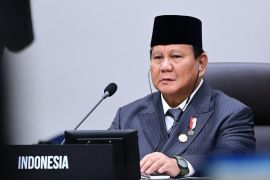APEC economies are collectively responsible for majority of the world’s COVID-19 vaccine productionJakarta (ANTARA) - After over a year into the pandemic, APEC members should accelerate trade policy measures and intensify cooperation to tackle the ongoing crisis by securing vaccine supply lines, APEC Policy Support Unit's latest policy brief stated.
The policy brief highlighted that the trade policy can facilitate the distribution of COVID-19 vaccines deemed the key to battling the pandemic, according to a release issued by the Policy Support Unit and received here on Wednesday.
The report also states that APEC member economies should seize the opportunity to pursue initiatives to reduce or eliminate tariffs on vaccines and related goods and refrain from implementing export restrictions and prohibitions affecting those goods.
While the average tariff on vaccines is very low within APEC, at only 0.8 percent, tariffs are much higher for several goods that are crucial in the vaccine supply chain.
Essential products, such as alcohol solutions, freezing equipment, packaging and storage materials, as well as vials and rubber stoppers face higher average tariff rates at above five percent.
Moreover, some import tariffs are very onerous, reaching as much as 30 percent and above for specific products in certain APEC economies.
The policy brief recommends that member economies facilitate trade in vaccines and related supplies and equipment by securing open supply lines and preventing unexpected events from affecting the delivery of any goods in the vaccine supply chain.
"APEC economies are collectively responsible for majority of the world’s COVID-19 vaccine production," Carlos Kuriyama, senior analyst of the APEC Policy Support Unit and author of the policy brief, stated.
"However, since vaccine production relies on a specialized network with multiple inputs originating from across the APEC region and the rest of the world, this further underscores the importance of ensuring that global supply chains are functional and resilient," Kuriyama remarked.
The report shows that since the emergence of the pandemic, several APEC economies have implemented measures to facilitate the trade of medical products, including reducing or eliminating import tariffs on a temporary basis as well as exempting those imported products from value-added taxes and income taxes.
While those measures could help facilitate access to vaccines on a temporary basis, the policy brief proposes a better outcome can be obtained by making those measures long-lasting.
In parallel, the policy brief recommends strengthening cooperation at all levels, for instance, by applying policies pertaining to intellectual property to promote technology transfer and facilitate vaccine production, as well as measures to mutually recognize good manufacturing practices to ensure that the quality assurance for vaccines produced in one economy is valid for other economies as well.
"APEC economies need to take not just individual but also collective actions during this emergency to fight this pandemic," Rebecca Sta Maria, executive director of the APEC Secretariat, stated.
"The current situation is unprecedented, and there is a sense of urgency to look beyond business-as-usual considerations to propose effective measures to stop this pandemic," she stated.
APEC trade ministers will convene virtually in early June under New Zealand’s leadership to set the region’s response to COVID-19, including policies and measures regarding vaccine supply chains.
Related news: APEC lays basis for sustainable fiscal management to drive recovery
Related news: APEC strives to unravel the potential of indigenous economies
"Free and open trade will help quickly ramp up COVID-19 vaccine production and at the same time tackle supply chain challenges," Kuriyama stated.
If vaccines or important related goods are unaffordable or unavailable due to tariffs, export restrictions, or delays in transit, he stated that additional vaccine production may be for naught.
"On account of the urgency of the pandemic, bold and concerted actions are required across the vaccine supply chain to facilitate vaccinations and to put an end to the pandemic," he affirmed.
Related news: Palestine violence: Protesters call for boycott of US, Israeli goods
Related news: International presence paramount to ending Israeli aggression
Close
EDITED BY INE
Reporter: Yuni Arisandy Sinaga
Editor: Fardah Assegaf
Copyright © ANTARA 2021











